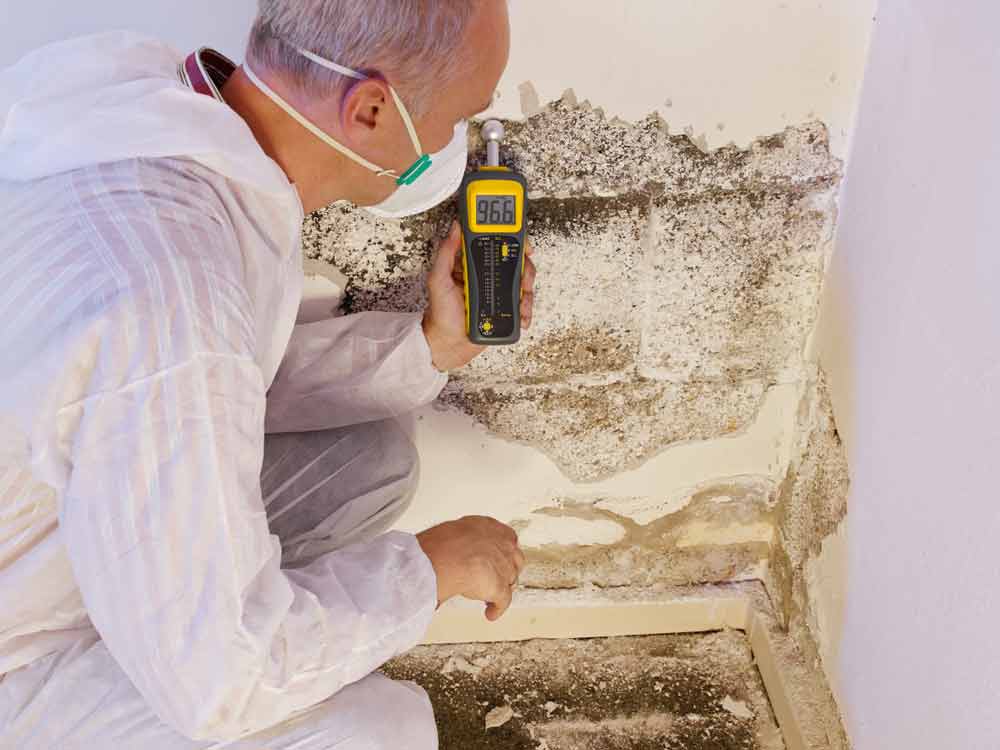- What We Do
-
-
- We are Queensland’s premier HVAC cleaners, complying with all Australian standards.
-
-
-
- Who We Are
- Equipment Hire
- Locations
- Contact Us
Flood, water damage or Mould Issues? Mould Remediation & Moisture Assessments for homes and businesses – call now for a FREE quote: 1300 222 357

















































